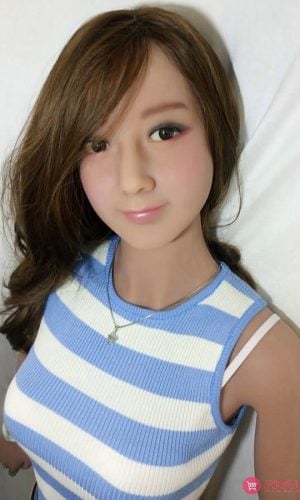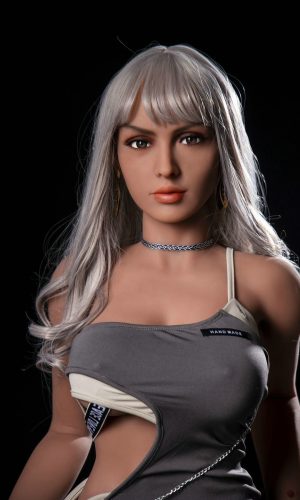In a surprising pivot, Elon Musk, the world’s richest man, has transformed his AI chatbot Grok from a controversy-stirring troublemaker into an endearing, interactive anime-style character in just a few days. This bold move by xAI’s CEO appears deeply tied to Musk’s well-known affinity for anime culture.
This week’s update introduced the “Companions” feature, powered by the Grok 4 model. The initial lineup includes two characters: Ani, a gothic-style anime girl, and Bad Rudy, a cartoonish red panda. From their design, it’s clear that xAI’s engineers poured significant effort into crafting Ani’s aesthetic.
Social media accounts created by xAI for these characters reveal at least one more upcoming persona, an anime-style male character named Chad.

Currently, this feature is exclusive to SuperGrok subscribers, who pay $30 per month for access.
True to Musk’s track record, the launch has sparked controversy. Unlike conventional chatbots, these AI companions lean into a provocative edge, occasionally delivering “not safe for work” (NSFW) remarks. Ani functions like an “AI girlfriend,” where users build rapport through interactions, while Bad Rudy, despite its cute appearance, dishes out cheeky and crude comments. Some users report that even toggling off NSFW content fails to fully curb the AI’s risqué responses.
This launch signals a shift in the AI industry’s competitive landscape. Musk isn’t just aiming to build smarter AI but also to make Grok feel more human-like. He hinted that the feature is in a “soft launch” phase, with potential future options for users to create custom digital companions with unique voices, appearances, and personalities.
Musk’s anime-inspired “AI companions” tap into long-standing debates surrounding subcultures and emotional attachment to virtual characters. Is this an extension of fandom culture or mere fantasy? Perspectives vary widely.
However, interacting with an AI that retains personal information raises serious psychological risks. A tragic example is the case of 14-year-old Sewell Setzer III from Florida, who took his life in February 2024 after extended conversations with a Character.AI chatbot. His parents sued the company, alleging its human-like programming led Sewell to become overly immersed, losing interest in the real world.
With Musk’s massive influence, similar products are likely to proliferate, fueling further debates.

From a tech perspective, as AI models grow better at mimicking human behavior, AI-driven digital interactions could become the next big trend in gaming and the internet. For instance, AI game studio Anuttacon recently released a demo for Whispers of the Stars, a game centered on dialogue with AI-driven characters to explore its world and advance the story.
Notably, Anuttacon’s founder, self-proclaimed “AI soul summoner” Cai Haoyu, stirred the tech world last year by claiming that the future of gaming will be dominated by 0.0001% of geniuses and 99% of hobbyists creating games out of passion. He suggested professional game developers might need to consider new careers as AI-generated content reshapes the industry.
- Share on:
LOVED BY CUSTOMERS
-
158cm Chinese Real Sex Doll Ultra-realistic Online – Jingjing
Original price was: $2,250.00.$890.00Current price is: $890.00. -
165cm Spain Pretty Model Living Sex Doll – Jimmy
Original price was: $1,966.00.$1,299.00Current price is: $1,299.00. -
165 CM | 5′ 5″ Dream American Girl Sex Doll – Katja
Original price was: $1,899.00.$1,249.00Current price is: $1,249.00. -
Christie – 161cm (5’3) Sexy Girl Real Love Doll
Original price was: $2,000.00.$999.00Current price is: $999.00.
PORTABLE SEX TOYS
-
5.5Lbs Male Masturbator Adult ASS Sex Toy
Original price was: $150.00.$99.00Current price is: $99.00. -
LifeLike Torso Masturbator – Tiffany
Original price was: $650.00.$299.00Current price is: $299.00. -
Realistic Boobs Sex Doll for Men Masturbation with Torso Ass – Marine
Original price was: $680.00.$399.00Current price is: $399.00. -
Male Sex Doll for Women Big Penis Sex Toy for Female Masturbation
Original price was: $499.00.$268.00Current price is: $268.00.
















